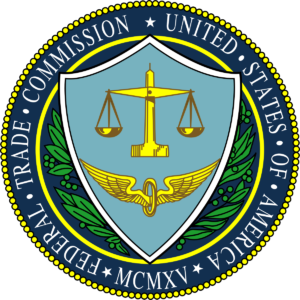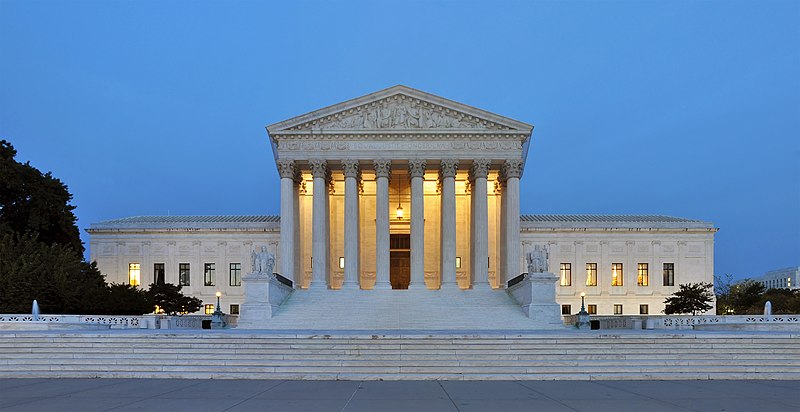Skeptical court probes FTC’s approach to seeking ill-gotten gains
By: Larry Steinberg, Guest Contributor
If the FTC loses this case, the agency will no longer be able to rely on Section 13(b) to obtain an order requiring a wrongdoer to return all of the money it illegally obtained.
 FTC Commissioner Rohit Chopra, who will leave the FTC after the Senate confirms him as the newly appointed director of the Consumer Financial Protection Bureau, is known as one of the more prolific commissioners. He has spoken and written extensively in his three years on the FTC including, notably, in a November 2020 paper wherein he called the AMG Capital Management v. Federal Trade Commission case an “existential threat to the agency’s ability to hold wrongdoers accountable.”
FTC Commissioner Rohit Chopra, who will leave the FTC after the Senate confirms him as the newly appointed director of the Consumer Financial Protection Bureau, is known as one of the more prolific commissioners. He has spoken and written extensively in his three years on the FTC including, notably, in a November 2020 paper wherein he called the AMG Capital Management v. Federal Trade Commission case an “existential threat to the agency’s ability to hold wrongdoers accountable.”
The previous month, in a letter to Congress, Commissioner Chopra, joined by the other four FTC commissioners, described Section 13(b) as the primary tool that the FTC uses to return money to consumer victims, and pleaded for Congress to amend the statute so that it would expressly provide for monetary relief.
This content is restricted to site members. If you are an existing user, please log in. New users may register below.



